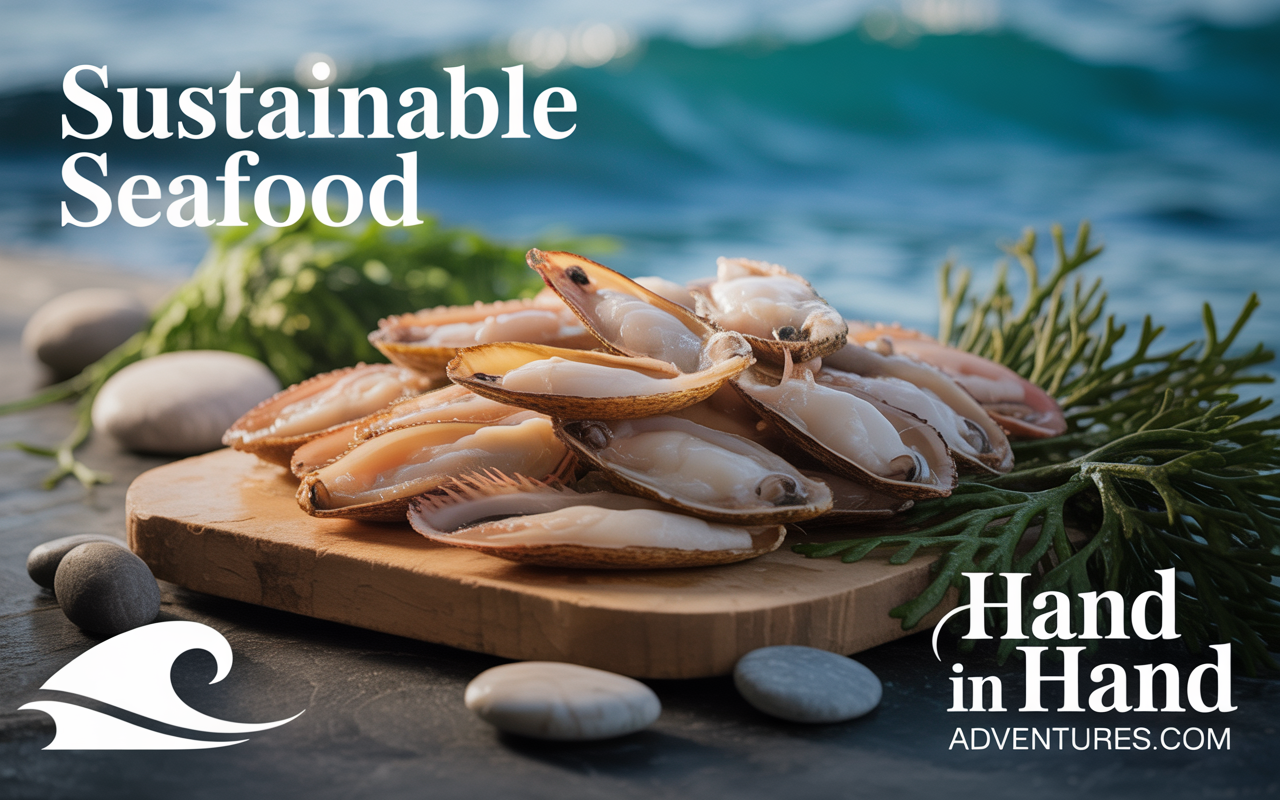When it comes to seafood, one dish that often makes waves on menus is calamariere. This delicious delicacy has earned a special place in the hearts (and stomachs) of food lovers worldwide. But as we savor those tender rings, have we ever stopped to consider where they come from? The truth about seafood sourcing can be murky. Sustainable practices are crucial for preserving our oceans and ensuring future generations can also enjoy dishes like calamariere.
In this blog post, we’ll dive into the impact of calamariere fishing methods on marine life and explore the ethical concerns surrounding its sourcing. We’ll highlight sustainable alternatives that not only taste great but also support healthier ecosystems. Join us as we navigate these waters together and learn how making informed choices can contribute to a more sustainable culinary experience!
Understanding the Impact of Calamariere Fishing
Calamariere fishing significantly impacts marine ecosystems. The methods used often lead to overfishing, disrupting the delicate balance of ocean life. Many fishers employ practices that catch not just calamariere but also countless unintended species.
Bycatch is a serious concern. Sea turtles, dolphins, and various fish are often caught unintentionally and discarded—often dead or dying. This waste further diminishes marine biodiversity.
Additionally, habitat destruction poses another challenge. Trawling can devastate seafloor habitats critical for many marine organisms’ survival. Without these environments, entire species face threats to their existence.
These factors highlight the urgent need for responsible sourcing in calamariere fishing practices. Sustainable alternatives exist that prioritize ecological health while still meeting consumer demand for this popular seafood dish.
Ethical Concerns Surrounding Calamariere Sourcing
Ethical concerns surrounding calamariere sourcing are increasingly coming to the forefront. Many fishing practices can lead to overfishing, which threatens marine ecosystems. Unsustainable methods often harm non-target species and disrupt entire food chains.
Additionally, labor conditions in the seafood industry raise alarms. Reports of exploitative working environments persist, particularly in regions where calamariere is harvested. This impacts not only the catch but also the livelihoods of local communities.
Consumer awareness plays a crucial role here. As diners become more informed about these issues, they begin to demand transparency from suppliers. Knowing where your calamariere comes from shifts focus toward ethically sourced options that prioritize both environmental health and human rights.
Navigating this space requires vigilance and commitment from consumers and businesses alike. With thoughtful choices, we can support fisheries that adhere to sustainable practices while ensuring fair treatment for workers involved in harvesting this popular seafood delicacy.
Alternatives to Traditional Calamariere Fishing
Exploring alternatives to traditional calamariere fishing opens up exciting possibilities. Aquaculture, for instance, offers a sustainable approach. Farm-raised calamariere can reduce pressure on wild populations while providing consistent quality.
Another option is responsible wild harvesting. This method involves using selective gear and following seasonal regulations to ensure that stocks remain healthy and resilient.
Incorporating plant-based substitutes into your meals also promotes sustainability. Products made from seaweed or other marine plants deliver similar textures and flavors without depleting ocean resources.
Community-supported fisheries (CSFs) are gaining popularity too. These programs connect consumers directly with local fishers who practice ethical methods, promoting fresher options while supporting small businesses.
By considering these alternatives, we can enjoy delicious calamariere dishes without compromising our oceans’ health.
The Importance of Sustainable Seafood for the Environment
Sustainable seafood plays a crucial role in maintaining the health of our oceans. Overfishing threatens marine ecosystems and disrupts delicate food chains. When we choose sustainably sourced calamariere, we support practices that protect fish populations and their habitats.
Healthy oceans contribute to global biodiversity, which is essential for ecological balance. By promoting sustainable fishing methods, we help preserve vital resources for future generations.
Moreover, sustainable seafood reduces bycatch—the unintentional capture of non-target species—minimizing harm to other marine life. It also encourages responsible farming techniques that lessen pollution and habitat destruction.
Each purchase decision has broader implications for ocean health. Opting for ethically sourced calamariere fosters a market demand for eco-friendly practices within the fishing industry.
Supporting sustainable seafood isn’t just about enjoying your favorite dishes; it’s an investment in the overall well-being of our planet’s aquatic environments.
Tips for Ethical and Sustainable Seafood Consumption
When shopping for seafood, look for certifications like the Marine Stewardship Council (MSC). These labels ensure that your calamariere comes from sustainable sources.
Ask questions at your local fish market or restaurant. Inquire where their seafood is sourced and how it’s caught. Knowledge empowers you to make better choices.
Consider seasonal eating. Enjoying calamariere when it’s abundant helps reduce pressure on overfished populations.
Support local fisheries. Buying directly from fishermen can often mean fresher products and a smaller carbon footprint.
Experiment with alternatives. Explore other types of seafood that are plentiful and sustainably farmed or caught, broadening your culinary horizons while doing good for the oceans.
Educate yourself about ocean ecosystems. A deeper understanding of marine life creates awareness around conservation efforts and the importance of ethical sourcing practices in our everyday lives.
Making Informed Choices for a Better Future
Making informed choices is essential for a better future, especially when it comes to our food sources. As consumers, we have the power to influence market practices through our buying habits. By prioritizing sustainable seafood options and being mindful of where our Calamariere comes from, we can help protect marine ecosystems.
Supporting companies that practice ethical sourcing not only aids in preserving fish populations but also promotes responsible fishing methods. Engaging with local fisheries and understanding their practices can provide clarity on how calamariere is harvested.
Every meal presents an opportunity to make a difference. When dining out or shopping for seafood at the store, ask questions about sourcing and sustainability certifications. This knowledge empowers us all to contribute towards healthier oceans and a more ethical food system.
By embracing these principles in our everyday lives, we foster awareness around sustainable seafood consumption—ultimately leading towards a more balanced relationship with nature while enjoying delicious dishes featuring calamariere responsibly sourced.

